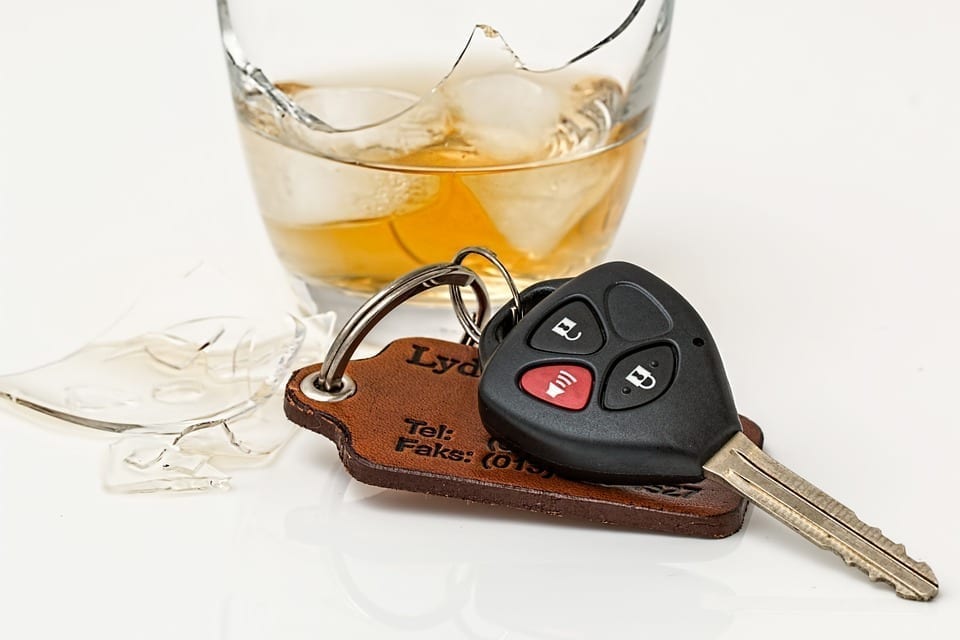A DUI charge is serious, and you must take your defense seriously. Do not make matters worse for yourself by not following these guidelines.
Being arrested on suspicion of driving under the influence (DUI) is something no-one ever wants to face. The legal and financial ramifications can be profound, and regardless of your guilt or innocence, you must follow the proper steps to ensure the best possible outcome for yourself. Of course, it’s critical to comply with law enforcement officers’ directions respectfully and thoroughly. In addition, the steps below will help you navigate the legal system and retain as much of your rights and freedom as possible.
Testing
If you are pulled over on suspicion of a DUI, one of the first things an officer is likely to do is issue a field sobriety test. A DUI Attorney Phoenix can tell you what regulations vary from state to state, but you can generally refuse this test legally. If you do this, however, the next step the officer will take is to give you a breathalyzer test or take you into the station for a chemical test. It is almost always illegal to refuse these tests, and the penalty for doing so becomes comparable to what you would face if convicted of DUI.
Bail Bonds
People arrested for the first time for DUI are often released on their own recognizance or are released after appearing before a judge the following morning. In some scenarios, however, a judge may require you to remain in custody. If this is the case, or if you wish to be released as quickly as possible after your arrest, a bail bonds agent can help you get out. Most communities have bail bonds offices that are open 24/7. Once contacted, an agent will post your bond in exchange for a non-refundable fee that is generally 10% of the bond amount. You, or the person securing your bond, agree to make your court appearance under penalty of forfeiting the full cost of the bond, plus applicable expenses. Once the agent secures your release, you are free to go, but you will obviously need to arrange for transportation home from the jail.

A DUI Attorney
As we’ve previously mentioned, the penalties and fines for DUI offenses are steep. A skilled attorney can plead your case and negotiate a substantially lower amount, particularly if you have a clean record. The crucial thing to remember here is that you need to secure the services of a DUI attorney, not just a family lawyer, or one who specializes in general practice law. DUI regulations and court proceedings are complex, so you need a specialist to ensure the best possible outcome.
A DMV Hearing
Once you’ve secured a DUI attorney, they must request a formal DMV hearing, generally within 10 calendar days. This is critical because without one, your license will automatically be suspended due to your DUI arrest. This hearing allows you to apply for a work permit, or under some circumstances, a full license while awaiting trial. Again, failure to do so triggers automatic suspension, so be sure to do this quickly.
Prepare Your Defense
After you’ve been released, hired your attorney, and squared your driving status with the DMV, you can begin preparing for your arraignment. Your attorney will advise you about the best option available to you under your specific circumstances. It is usually advisable to plead not guilty, as that will set in motion a jury trial, at which time, your attorney can argue that you were not intoxicated, or that there were extenuating circumstances which warrant the dismissal of the charge. Examples of this include the officers on the scene not following proper procedures such as reading your Miranda rights, or the mishandling of your test. A skilled DUI attorney will explore every possible avenue, advise you of your options, and fight to have you face the least financial and legal consequence possible.
A DUI charge is serious, and you must take your defense seriously. Do not make matters worse for yourself by not following these guidelines.


Join the conversation!